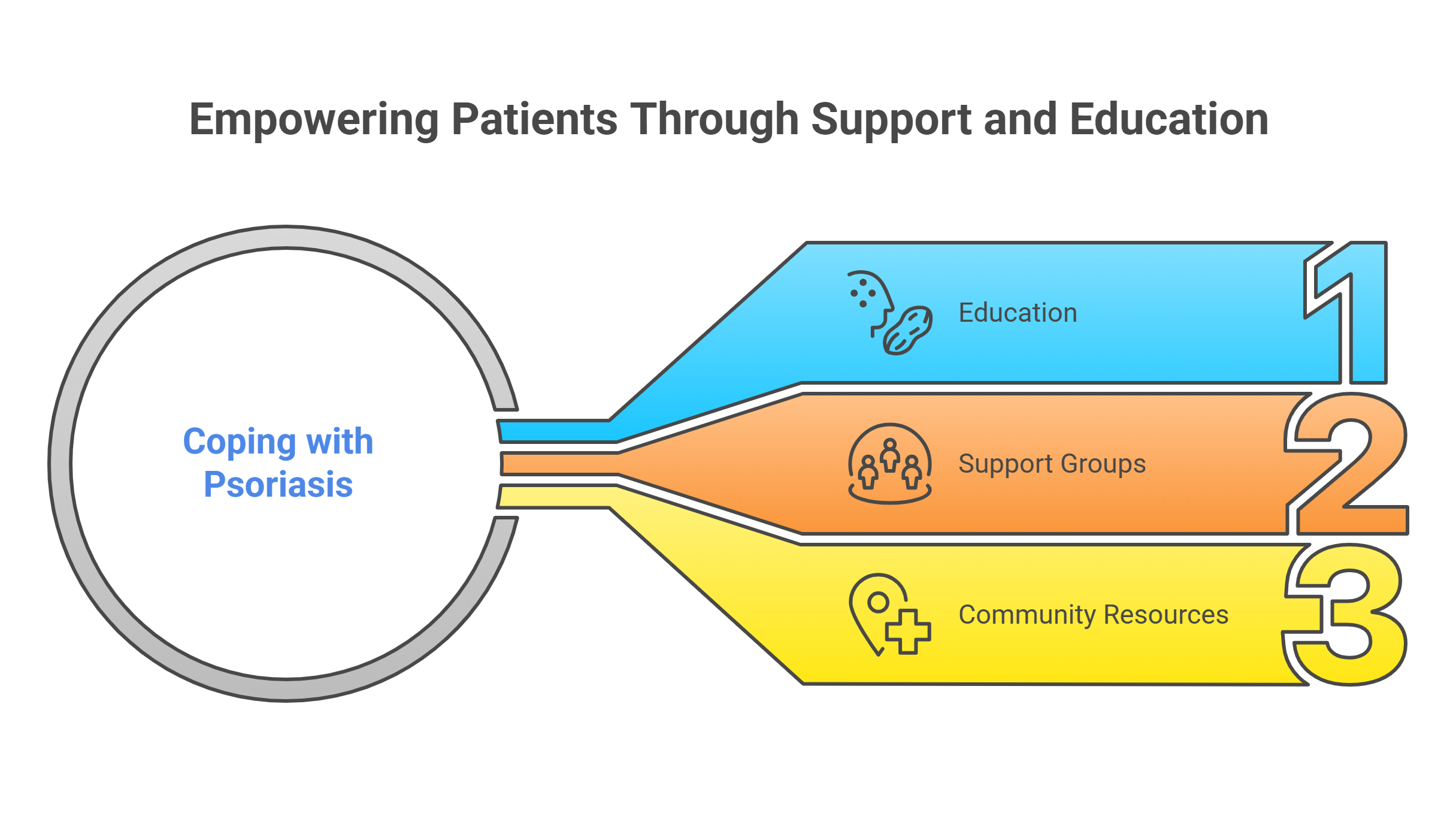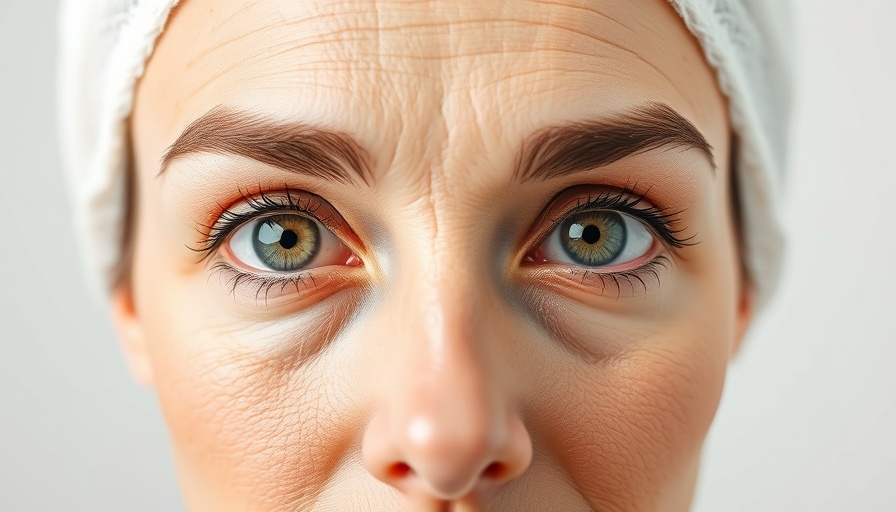
Understanding Psoriasis: A Common Skin Condition
Psoriasis is more than just a skin issue; it's an autoimmune disease that affects millions before they even realize they have it. Often characterized by dry, itchy, and flaky skin, this chronic condition can be both uncomfortable and embarrassing. Many people living with psoriasis might dismiss their symptoms or attribute them to other skin conditions, but recognizing these signs is crucial for managing the disease effectively.
In Psoriasis symptoms and treatment options with Randi Dillon, PA-C, we explore essential insights on managing this chronic skin condition.
Why Early Detection Matters
One of the biggest misconceptions about psoriasis is that it is merely a cosmetic issue. In reality, if left untreated, psoriasis can lead to more severe health problems, including psoriatic arthritis, which affects the joints. Importance should be placed on early detection; the sooner you identify the symptoms, the easier it is to find the right treatment plan tailored for you.
Exploring Treatment Options
Fortunately, psoriasis is highly treatable with a variety of options to choose from. Randi Dillon, a Physician Assistant at Dermatology Associates, recommends several approaches:
Topical Treatments: These include creams and ointments applied directly to the affected areas. They can ease symptoms and help manage flare-ups.
Injectables: For more severe cases, biologic medications delivered via injections can help reduce inflammation and prevent the symptoms from returning.
Oral Medications: For ongoing management, pills may be prescribed to control inflammation and other symptoms.
The choice of treatment depends largely on the severity of the condition and the individual's overall health. It's essential to consult with a healthcare provider to choose the best route for you.

Finding Support and Resources
One of the best ways to cope with psoriasis is educating yourself and finding support within your community. Dermatology Associates not only provides treatment options but also empowers patients by educating them about their condition. Joining support groups, either in person or online, can offer connections with others who are facing similar challenges.
How to Alleviate Symptoms Naturally
In addition to medical treatments, there are lifestyle changes that can help alleviate psoriasis symptoms:
Diet: Incorporating a balanced diet rich in anti-inflammatory foods can promote skin health. Foods high in omega-3 fatty acids, such as fish and flaxseeds, may reduce inflammation.
Stress Management: Stress is a known trigger for psoriasis flare-ups. Techniques such as meditation, yoga, and regular exercise can help keep stress levels in check.
Hydration: Keeping the skin moisturized is key in preventing dryness and irritation, so drink plenty of water and use hydrating creams.
While managing psoriasis can be overwhelming, focusing on these practical tips along with supervision from healthcare professionals can lead to a more fulfilling life.
Take Action: Don't Suffer in Silence
If you're experiencing symptoms associated with psoriasis, don’t hesitate to seek help. Randi Dillon’s insights highlight the significance of understanding and treating this condition. The first step toward relief is reaching out for professional guidance.
 Add Row
Add Row  Add
Add 




 Add Row
Add Row  Add
Add 

Write A Comment